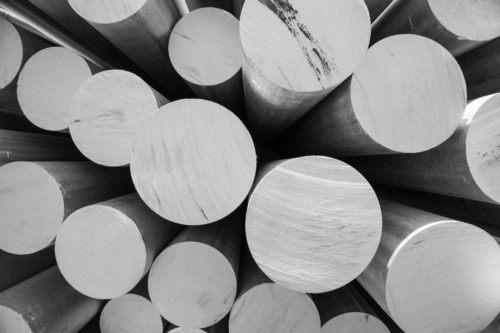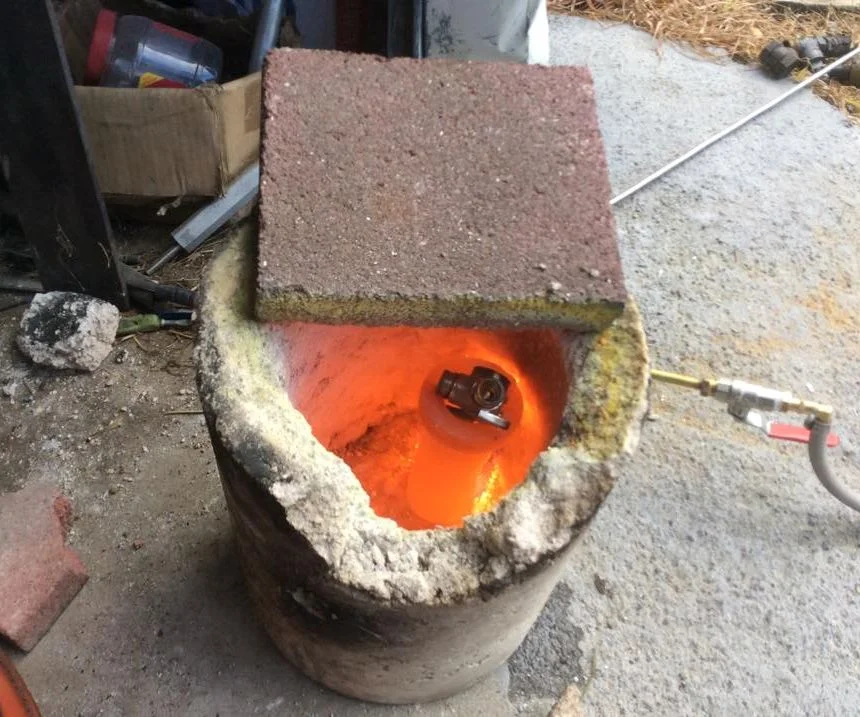The Single Strategy To Use For Alcast Company
The Single Strategy To Use For Alcast Company
Blog Article
All About Alcast Company
Table of ContentsFacts About Alcast Company UncoveredThe Main Principles Of Alcast Company The 45-Second Trick For Alcast CompanyAlcast Company for DummiesSome Known Factual Statements About Alcast Company The smart Trick of Alcast Company That Nobody is Talking About
The subtle difference depends on the chemical content. Chemical Comparison of Cast Light weight aluminum Alloys Silicon promotes castability by reducing the alloy's melting temperature and enhancing fluidity during casting. It plays a vital role in allowing intricate molds to be filled accurately. Furthermore, silicon adds to the alloy's toughness and put on resistance, making it beneficial in applications where longevity is vital, such as vehicle components and engine components.It additionally boosts the machinability of the alloy, making it less complicated to refine right into ended up items. This way, iron adds to the general workability of light weight aluminum alloys. Copper increases electric conductivity, making it useful in electrical applications. It also boosts rust resistance and adds to the alloy's total toughness.
Manganese adds to the toughness of light weight aluminum alloys and boosts workability (Aluminum Casting). It is typically made use of in wrought light weight aluminum products like sheets, extrusions, and accounts. The visibility of manganese help in the alloy's formability and resistance to splitting during manufacture procedures. Magnesium is a light-weight component that offers stamina and influence resistance to aluminum alloys.
Excitement About Alcast Company
Zinc enhances the castability of aluminum alloys and aids regulate the solidification process during casting. It enhances the alloy's toughness and firmness.

The primary thermal conductivity, tensile strength, return stamina, and elongation differ. Select suitable raw products according to the efficiency of the target product generated. Amongst the above alloys, A356 has the highest possible thermal conductivity, and A380 and ADC12 have the cheapest. The tensile limit is the contrary. A360 has the ideal return strength and the greatest prolongation rate.
The Alcast Company Statements

In precision spreading, 6063 is fit for applications where intricate geometries and high-grade surface coatings are paramount. Instances consist of telecommunication units, where the alloy's exceptional formability allows for sleek and cosmetically pleasing designs while maintaining structural honesty. In the Lighting Solutions sector, precision-cast 6063 elements produce elegant and reliable lighting fixtures that require intricate shapes and excellent thermal performance.
It results in a better surface area finish and far better rust resistance in A360. The A360 displays exceptional prolongation, making it perfect for complicated and thin-walled elements. In precision spreading applications, A360 is well-suited for industries such as Consumer Electronic Devices, Telecommunication, and Power Devices. Its boosted fluidity enables intricate, high-precision components like mobile phone cases and communication gadget real estates.
Unknown Facts About Alcast Company
Its one-of-a-kind properties make A360 a useful choice for accuracy casting in these markets, enhancing item toughness and top quality. Foundry. Light weight aluminum alloy 380, or A380, is a commonly used casting alloy with a number of distinctive features.
In precision spreading, aluminum 413 shines in the Customer Electronic Devices and Power Tools sectors. It's frequently utilized to craft detailed elements like smart device housings, camera bodies, and power device casings. Its accuracy is impressive, with limited resistances approximately 0.01 mm, making certain perfect item assembly. This alloy's superior corrosion resistance makes it an exceptional choice for exterior applications, guaranteeing long-lasting, sturdy products in the stated sectors.
6 Simple Techniques For Alcast Company
As soon as you have actually decided that the light weight aluminum pass away casting procedure appropriates for your job, a critical next step is choosing the most suitable alloy. The aluminum alloy you select will significantly impact both the spreading procedure and the properties of the final product. As a result of this, you should this make your choice carefully and take an informed technique.
Figuring out the most ideal aluminum alloy for your application will certainly indicate evaluating a wide range of qualities. The initial group addresses alloy qualities that influence the manufacturing procedure.
The Basic Principles Of Alcast Company
The alloy you select for die casting straight impacts several elements of the casting process, like just how very easy the alloy is to collaborate with and if it is prone to casting problems. Hot cracking, additionally referred to as solidification breaking, is a common die casting problem for light weight aluminum alloys that can lead to interior or surface-level tears or splits.
Specific aluminum alloys are a lot more susceptible to warm breaking than others, and your option must consider this. It can damage both the cast and the die, so you must look for alloys with high anti-soldering residential or commercial properties.
Deterioration resistance, which is currently a remarkable characteristic of aluminum, can vary substantially from alloy to alloy and is a necessary particular to consider depending upon the environmental conditions your product will certainly be revealed to (aluminum metal casting). Use resistance is an additional home commonly sought in aluminum products and can differentiate some alloys
Report this page